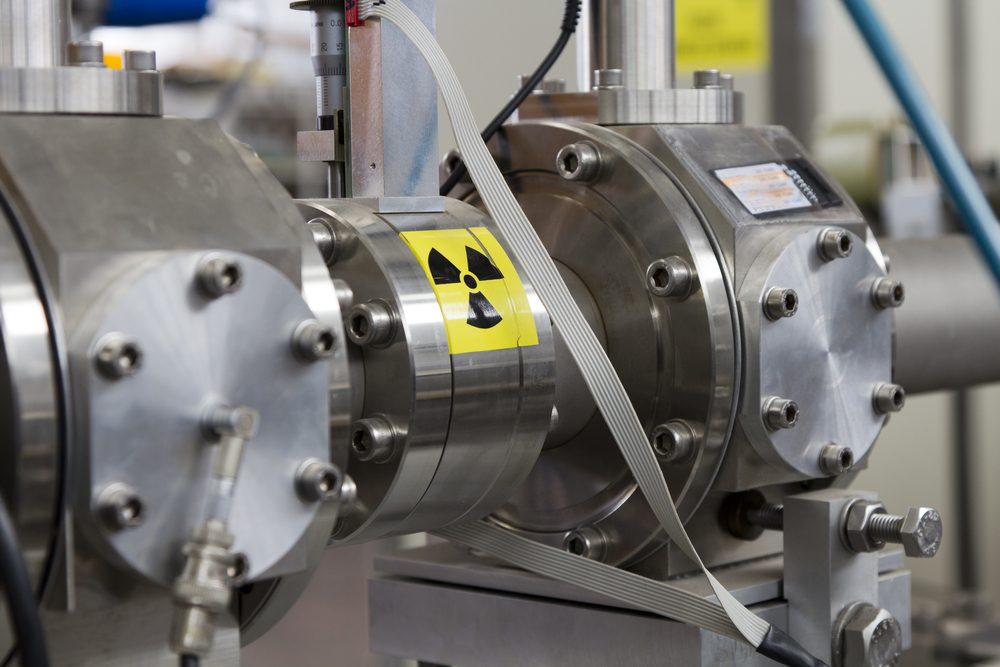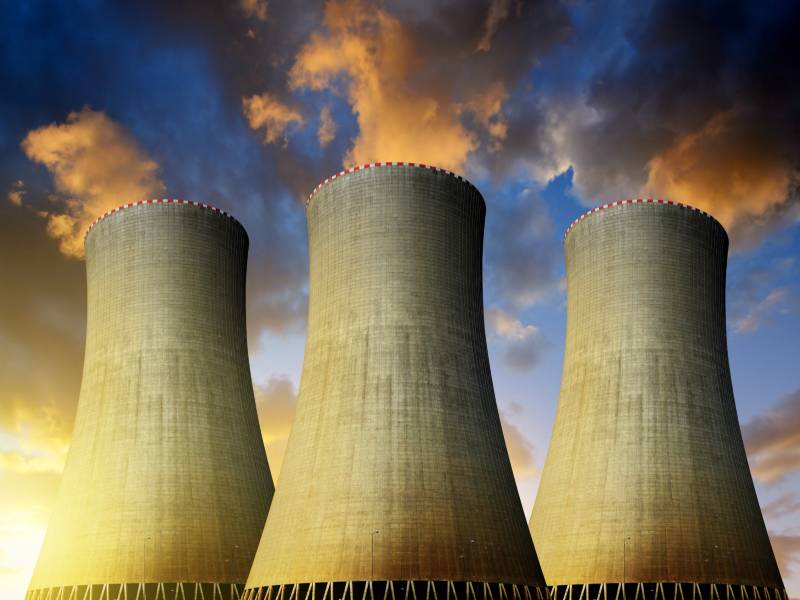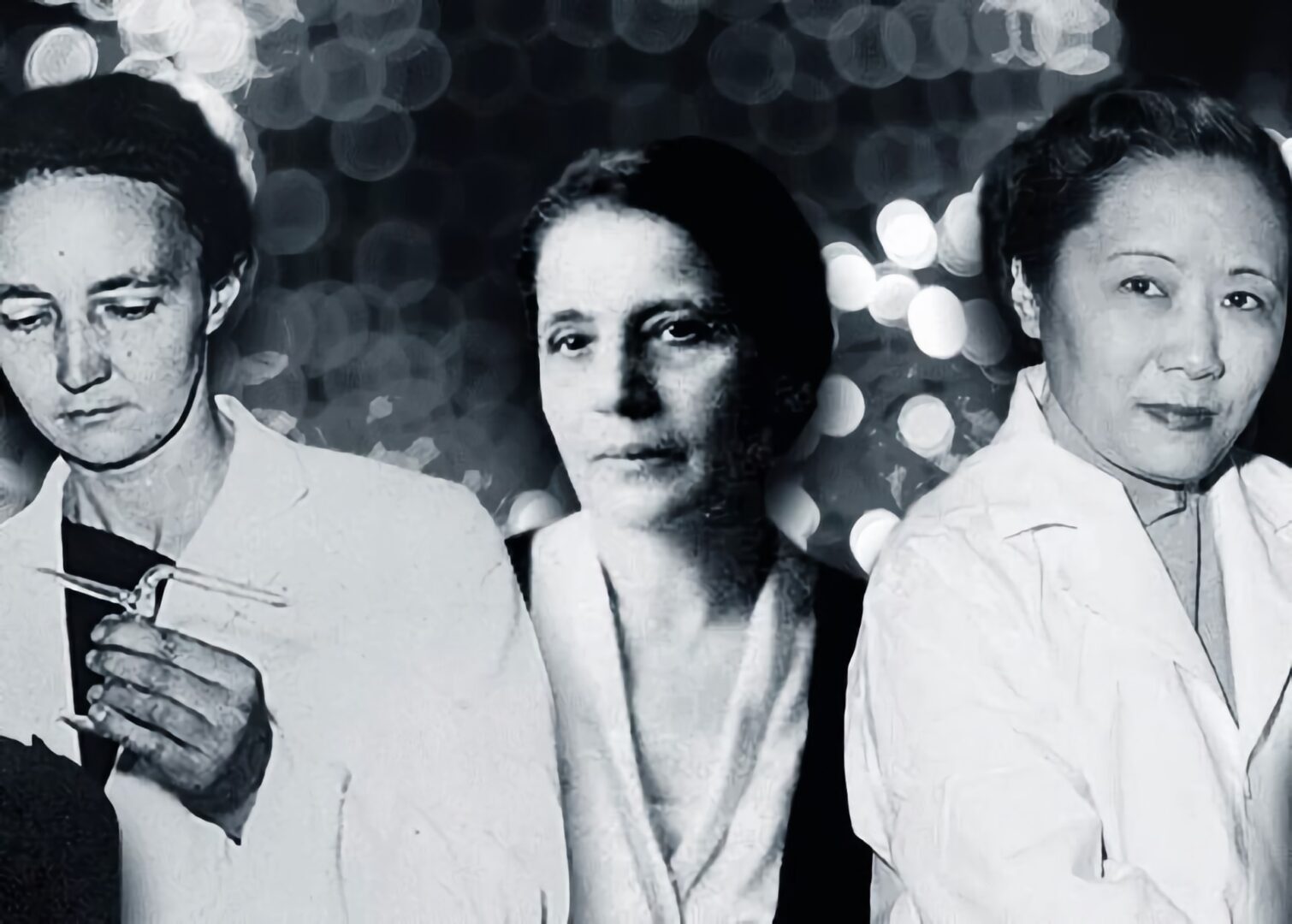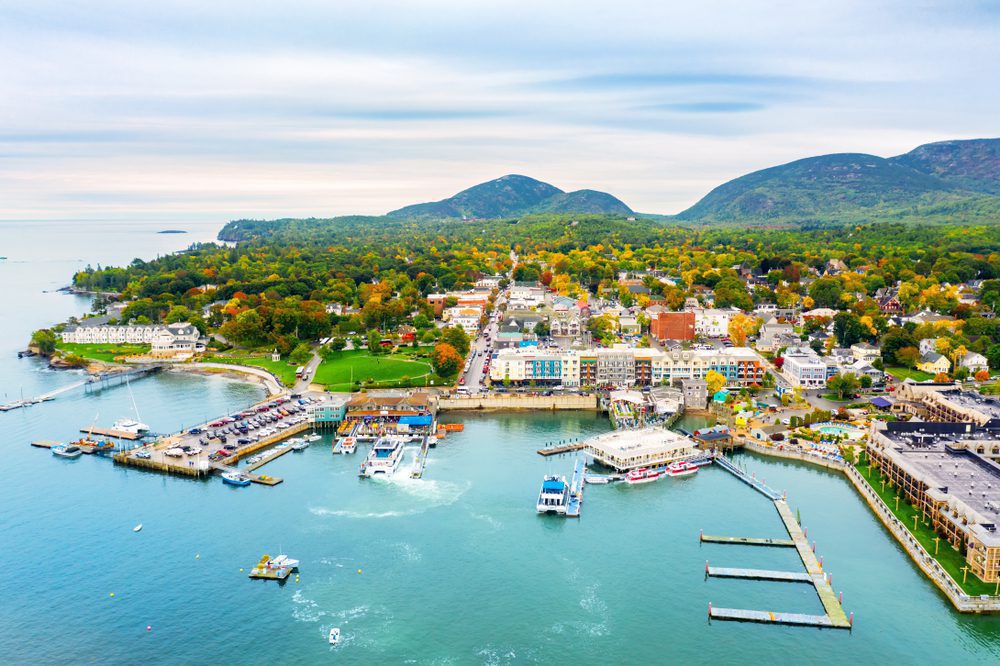On December 15, 2022, Grace Stanke became the first nuclear engineer to earn the title of Miss America. She has used her platform to advocate for clean energy solutions such as nuclear energy, which currently faces many obstacles regarding public understanding and acceptance. We recently spoke with Stanke regarding her position on nuclear energy and her plans for continued advocacy of nuclear technologies.
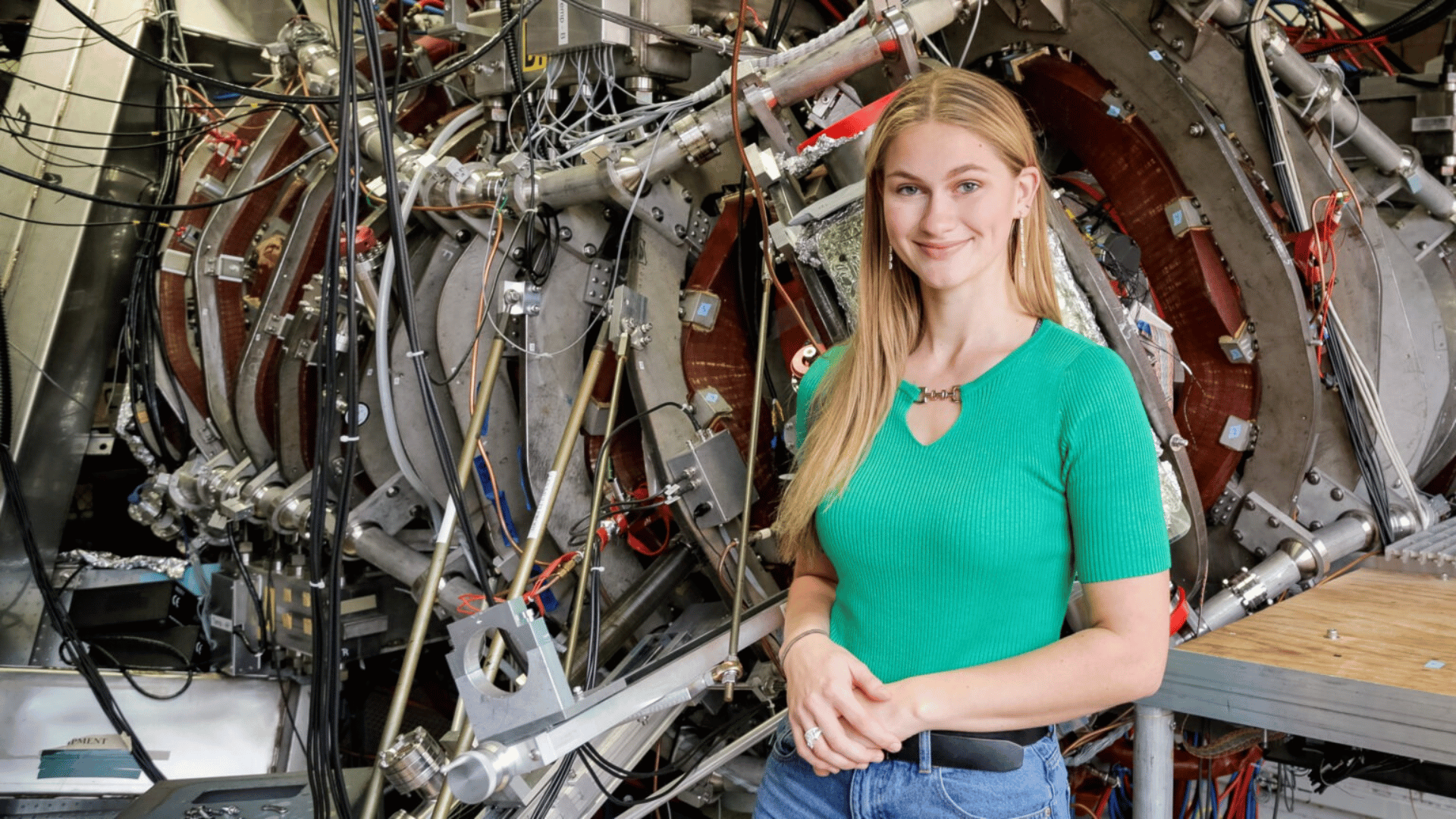
Tomorrow’s World Today (TWT): What inspired you to choose nuclear energy as your platform for Miss America?
Grace Stanke (GS): Part of the Miss America competition is a required platform or social impact initiative. I knew from my frustrations of having to constantly repeat what I would be able to work in as a nuclear engineer that there was an opportunity to discuss nuclear science with the general public. America is transitioning to a zero-carbon energy portfolio, and it is crucial that we ensure we have a reliable energy grid as well. This means nuclear must be a part of that transition, yet it has the biggest hurdles to overcome. This is why I chose it for my mission on my journey to Miss America!
TWT: How do you believe nuclear energy can contribute to a sustainable and clean energy future?
GS: An important discussion of the energy transition is what is called baseload power. Baseload power is approximately 70% of America’s energy grid that needs to always be accessible. This is for things like air conditioning, keeping fridges going, and knowing that we can grab that 3 AM cup of microwave mac-and-cheese. Because of this, we need to ensure that 70% of our electricity grid does not depend on an outside environment. America needs to make sure it is always accessible, in addition to clean energy. Nuclear power is an emissions-free source of energy and is also one of the most reliable forms of energy with it operating day and night. The only time when a nuclear power plant is shut down during normal operations is during an outage, or the refueling process. This makes nuclear power one of the best sources for our baseload energy moving forward – 24/7/365 reliability and emissions-free energy.
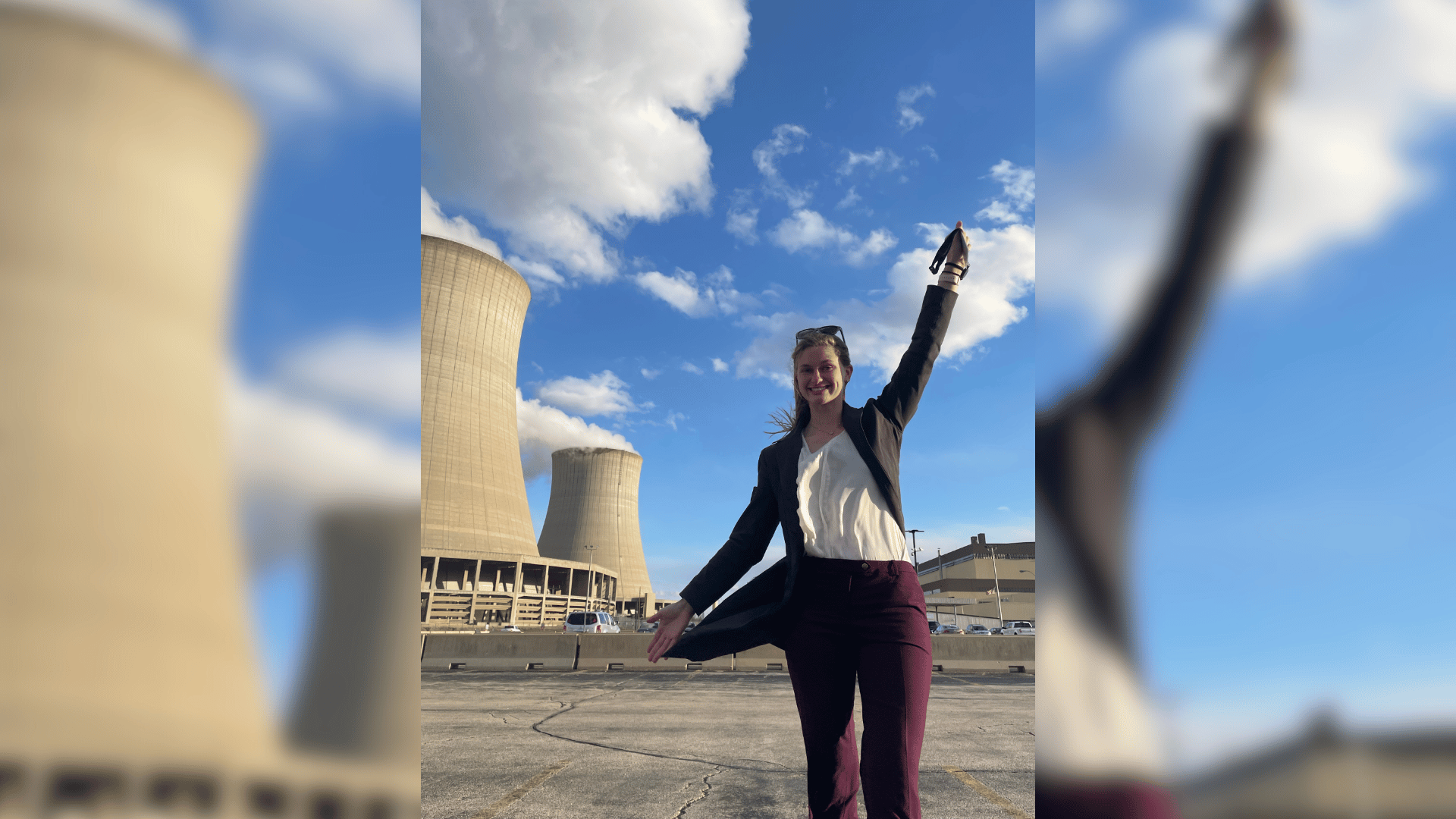
TWT: Can you explain some of the key benefits of nuclear energy compared to other forms of renewable energy?
GS: Nuclear is safe, effective, and reliable. According to the US Bureau of Labor Statistics, there are only about 8 industries safer than working in a nuclear power plant. It’s industries like accounting – but not a bookstore! Nuclear power is the epitome of a little bit goes a long way. If your entire lifetime was powered by nuclear energy, the amount of spent nuclear fuel you would produce is approximately the size of a soda can. No other energy production industry can beat that.
TWT: What are your thoughts on the potential for advanced nuclear technologies, such as small modular reactors or thorium reactors, in the future?
GS: I believe SMRs (small modular reactors) are the immediate short-term future of nuclear science. There are already active projects across the country going on to construct the first one. These advanced designs tackle large capital investment costs by bringing them down, and reduce construction time, making them more accessible upon demand.
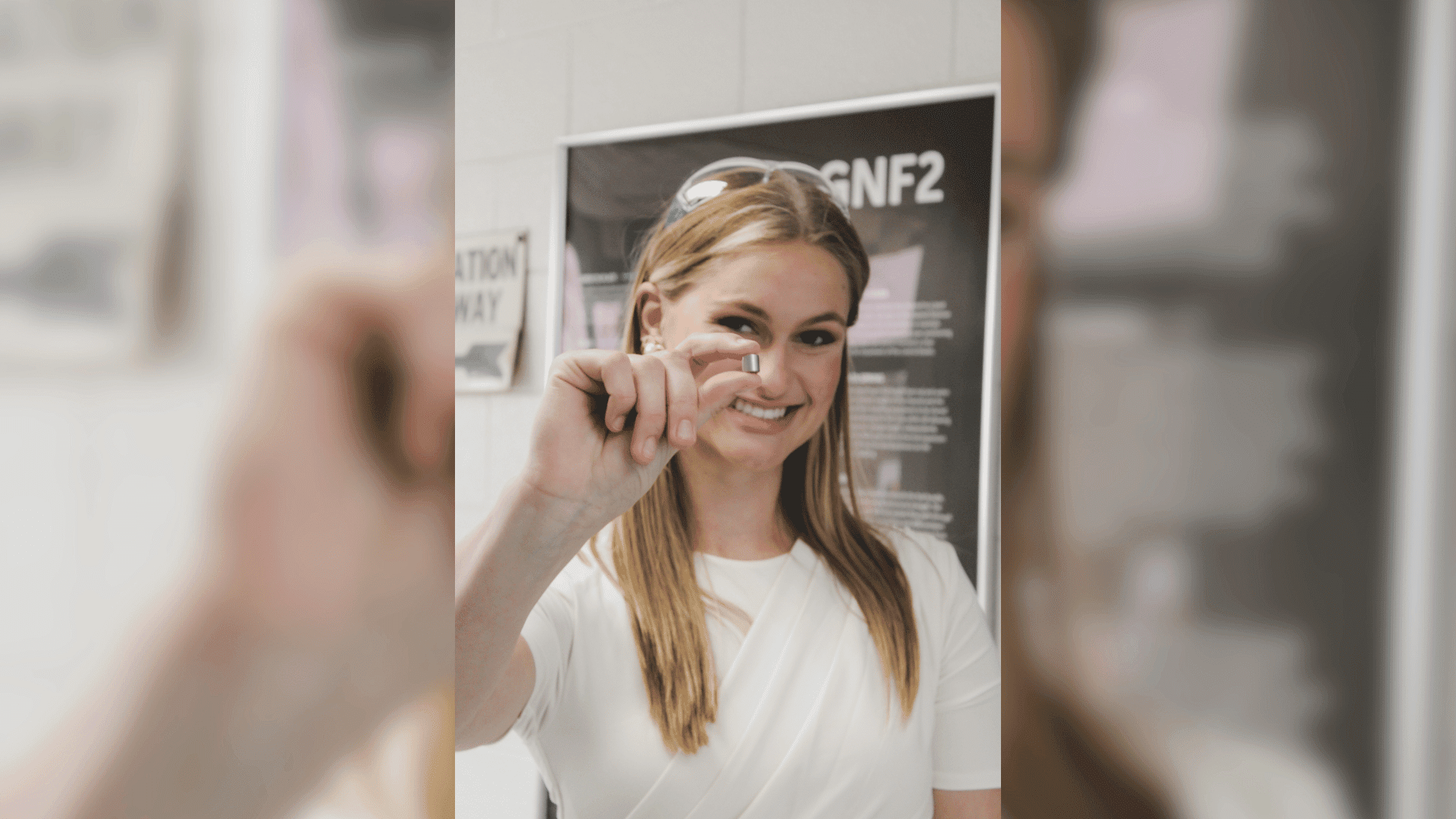
TWT: How do you plan to advocate for policies that support the research and development of nuclear energy in the United States?
GS: I am always working with politicians at the local, state, and national levels. While I may not write policies explicitly, I am always an open book when it comes to a candid conversation about the energy grid. I visit offices in person, while also encouraging youth to get out and vote on election days. Additionally, educating voters on politicians is a key part of changing public policy.
TWT: What steps should be taken to increase public awareness and understanding of nuclear energy? How would you address communities that may have reservations or fears about hosting nuclear power plants?
GS: Having real, human conversations. I like to talk about facts surrounding nuclear, but I like to tell stories too. Because at the end of the day, we’re all humans and want to be treated that way. I know communities can google the facts, but they can’t hear the stories unless they hear it firsthand from someone in the industry. I work with communities to tell stories about the prioritization of safety and to discuss fears and reservations.
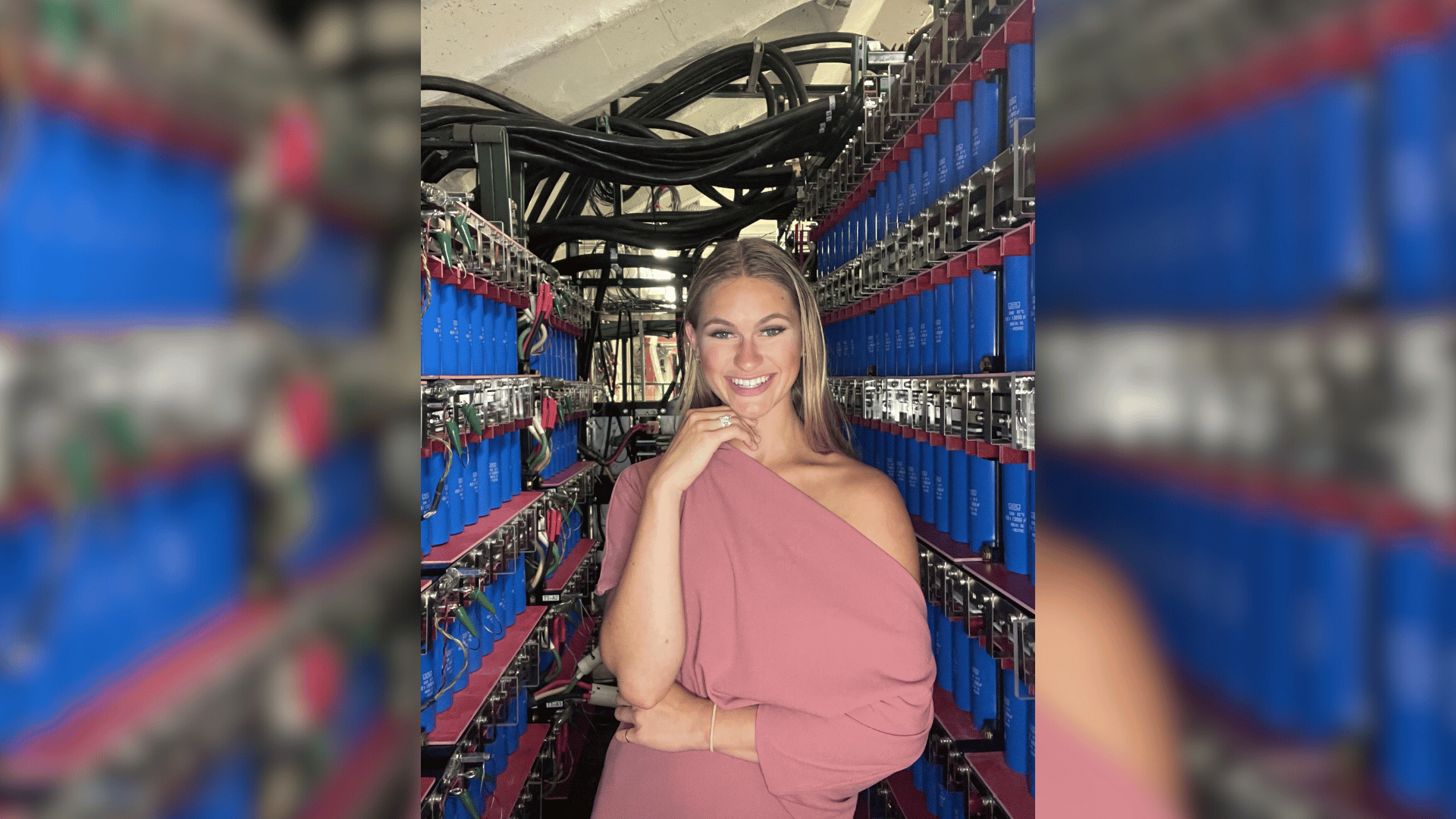
TWT: What are your thoughts on the potential for nuclear energy to provide reliable and resilient power generation in times of natural disasters or grid failures?
GS: All of the countries in which a major nuclear disaster has occurred (Russia/Ukraine for Chernobyl, and Japan for Fukushima-Daiichi) have continued to reopen plants because of the necessity. I can’t guarantee we won’t see another nuclear power plant mishap, but what I can tell you is we learned so much from both of these circumstances. Modern reactor designs have changed tremendously in the past fifty years to ensure that we physically cannot have another Chernobyl. Strenuous safety measures have been put in place to prevent natural disasters from damaging a nuclear power plant. If the nations that suffered directly from these disasters have realized they still need nuclear power to be built and operated, why hasn’t America?
TWT: How would you balance the development of nuclear energy with the preservation of natural habitats and ecosystems?
GS: Nuclear energy has an incredibly small land footprint. This allows for more preservation of natural habitats and ecosystems. As a National Park lover and enthusiast, I recognize the importance of leaving the land to its natural progression as much as possible, and I believe these nuclear power plants that take up an average of 50 acres to create power for 500,000 homes and businesses are the best solution to preserving our landscape. If a power plant has multiple reactors, it has the ability to power millions of homes and businesses.
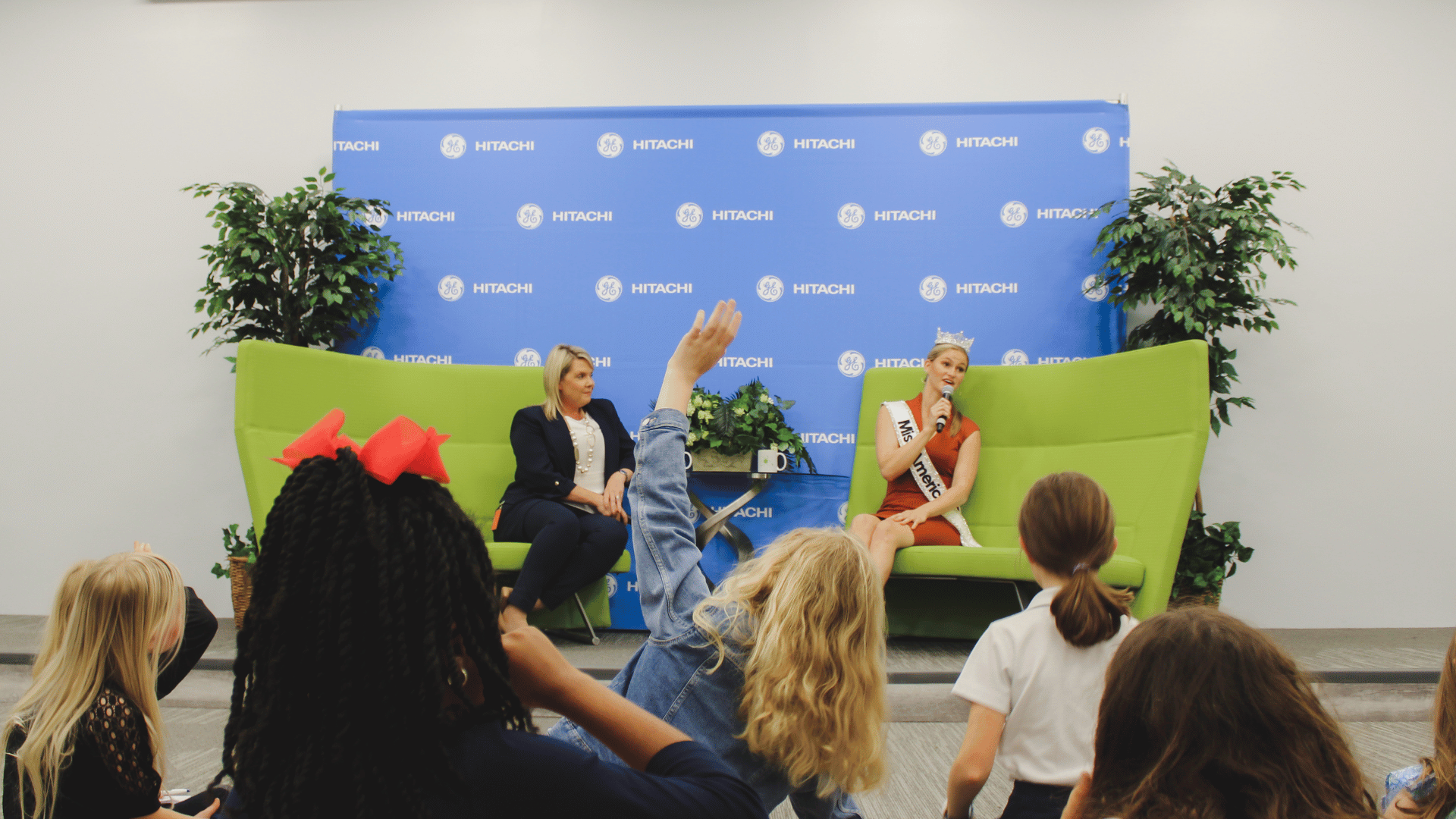
TWT: Can you describe a specific initiative or project related to nuclear energy that you have championed during your reign as Miss America?
GS: Throughout the past 11 months as Miss America, I have been promoting “Clean Energy, Cleaner Future” which is all about assisting America in its transition to a zero-carbon energy grid. A large portion of that is overcoming stereotypes and misconceptions surrounding nuclear energy, as nuclear energy is an essential part of this transition in order to provide reliable electricity for Americans. I work with individuals of all backgrounds, ranging from kindergarteners to nursing home residents to politicians to have active conversations about our electricity grid and break misconceptions surrounding nuclear energy. My ask of people is to get out and vote with electricity consumption and costs in mind, in addition to “starting their family Thanksgiving fight,” – make sure your friends and family know where their power comes from and what we as people can do to help keep electricity affordable and accessible!


